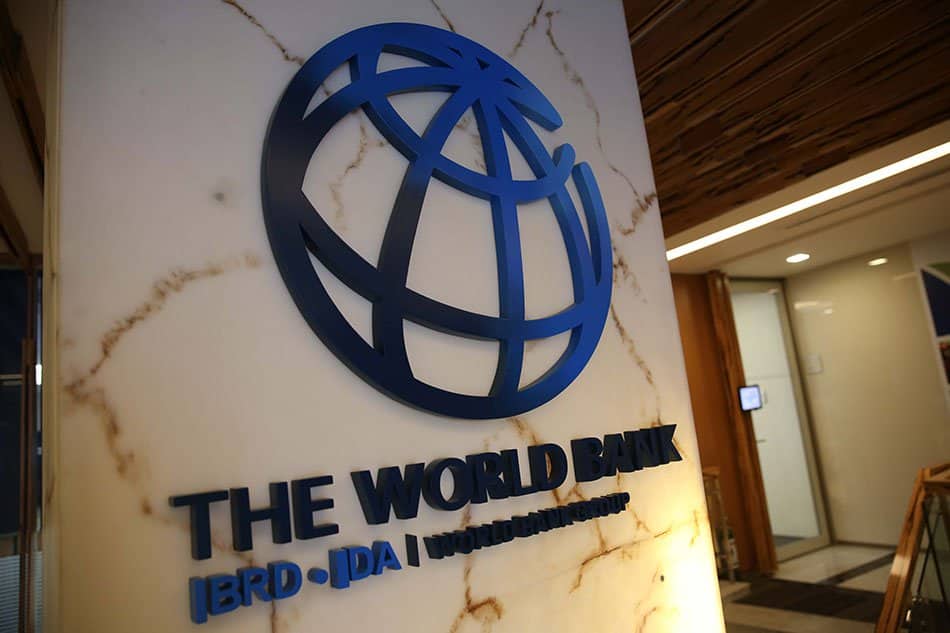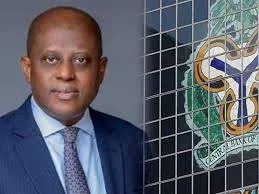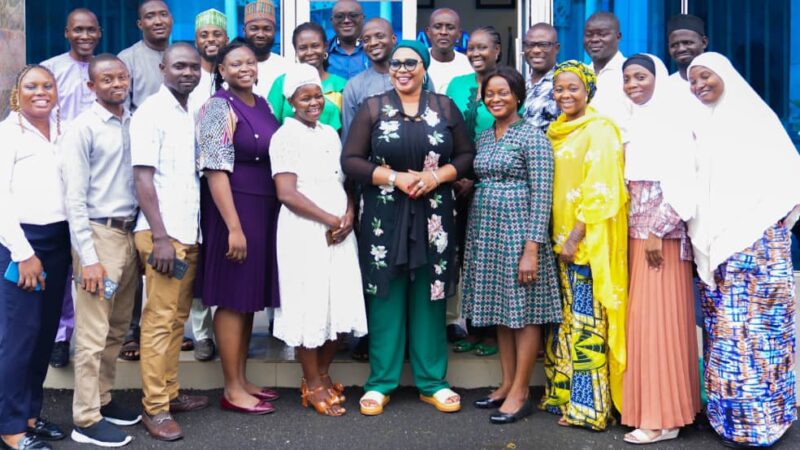World Bank Approves $2.2bn for Projects in Nigeria

The World Bank approved six projects worth about $2.2 billion to support Nigerian human capital and economic development in 2020.
The funds will be spent on immunization, the expansion of the digital economy, job creation, and public and private sector governance, the lender said in an emailed statement.
“World Bank is ramping up its support to Nigeria in its efforts to lift 100 million Nigerians out of poverty,” the lender’s country director for Nigeria, Shubham Chaudhuri, said in the statement.
Financiers for the projects include the Nigerian government, the International Development Association, the French Development Agency and the European Investment Bank.
Meanwhile thehe International Monetary Fund (IMF) has cut its growth forecast for Nigeria this year to 2 per cent from 2.5 per cent, reflecting fears the coronavirus outbreak in China will hit demand for oil.
Nigeria has been grappling with low growth since exiting a recession four years ago. President Muhammadu Buhari, who began a second four-year term in May, has vowed to revive the economy, but investors have been waiting for policies.
Nigeria’s growth rose to an annual rate of 2.28 per cent in the third quarter of 2019 after production of its main export, crude oil, rose to a more than three-year high.
On Tuesday, however, oil prices fell below $57 a barrel, pressured by concerns the coronavirus outbreak could hit demand in China and by a lack of further action by OPEC and its allies to support the market.
The IMF said growth was still recovering, but inflation was rising which, along with external shocks, would weaken Nigeria’s foreign exchange reserves due to its deteriorating terms of trade and capital outflows.
Nigeria’s statistics office said on Tuesday inflation rose to 12.13 per cent in January, its highest in nearly two years and the fifth straight month of increases.
“Under current policies, the outlook is challenging,” the IMF said in a statement, following a consultation with the government and central bank officials, as well as banking and private sector representatives.







